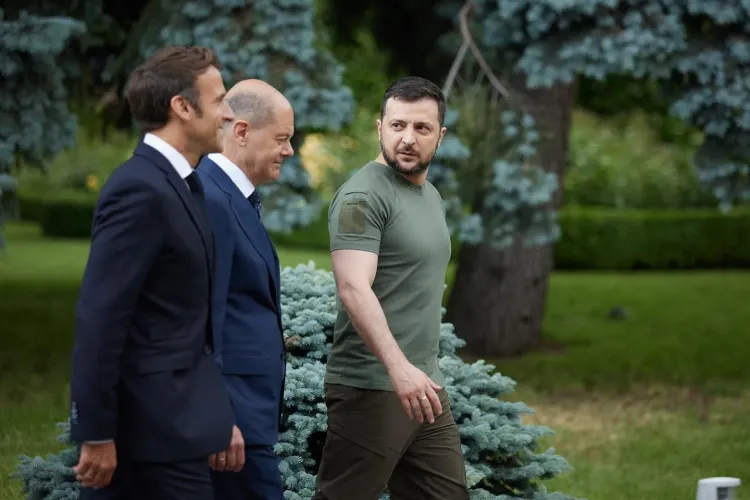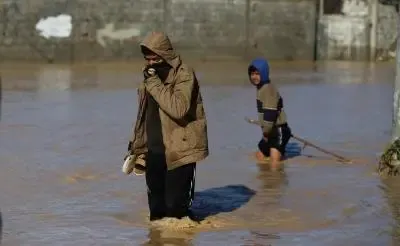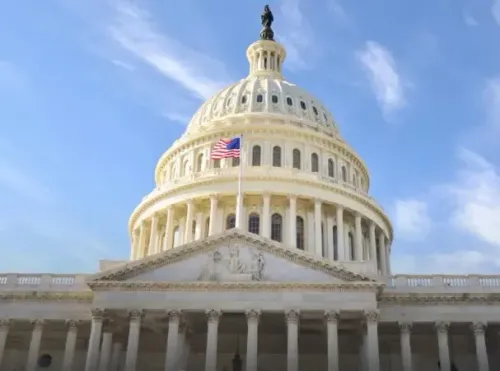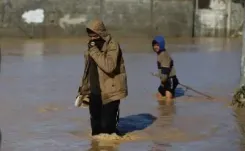France Opposes Utilizing Frozen Russian Assets for EU Defence Development

Synopsis
Key Takeaways
- France is against using frozen Russian assets for defence funding.
- Frozen assets are considered the property of Russia's central bank.
- Seizing these assets could violate international agreements.
- Macron urges EU nations to raise defence spending significantly.
- EU President outlines a substantial plan for increased defence expenditure.
Paris, March 4 (NationPress) French Finance Minister Eric Lombard stated on France Info radio on Tuesday that France opposes the use of frozen Russian assets to support the development of Europe's defence capabilities.
In response to whether France continues to reject the notion of utilizing frozen Russian assets for financing defence investments and assistance to Ukraine, Lombard affirmed that these assets predominantly belong to Russia's central bank.
He noted that Europe is not currently engaged in a state of war with Russia, and appropriating these frozen assets would violate international agreements that both France and Europe have signed.
During a discussion in the French National Assembly on Monday, French Foreign Minister Jean-Noel Barrot reiterated that the French government does not view the seizure of frozen Russian assets as a viable option, citing the significant financial risks it could pose to European nations.
On Sunday, French President Emmanuel Macron advocated for EU member states to elevate their defence expenditures to between 3% and 3.5% of the EU's total Gross Domestic Product (GDP).
In an interview with the French newspaper Le Figaro following a defence summit in London, Macron emphasized the necessity for EU member states to invest substantially in defence, preparing for a potential withdrawal of American support and ensuring Europe’s security.
Macron proposed joint loans or the use of the European Stability Mechanism to raise significant funds, estimating an initial requirement of around 200 billion euros (approximately 208 billion US dollars) to initiate these efforts, as reported by Xinhua.
On Tuesday, European Commission President Ursula von der Leyen introduced an ambitious 800 billion euro (about 844.6 billion US dollars) plan aimed at dramatically boosting defence spending throughout the bloc.
She remarked that, in light of heightened security threats across the EU, Europe has entered a phase of rearmament.
In a letter to EU leaders prior to Thursday's European Council meeting, von der Leyen unveiled the “ReArm Europe” initiative, stressing the urgent need to enhance Europe's defence capabilities, especially considering the escalating geopolitical tensions stemming from the Russia-Ukraine conflict and uncertainties surrounding future US support for NATO.
“Europe is poised to substantially increase its defence spending, not only to urgently support Ukraine but also to shoulder greater responsibility for our own security in the long run,” she stated.
“The critical question is no longer whether Europe’s security is under threat,” von der Leyen concluded. “The real challenge is whether Europe is ready to respond decisively to the situation.”









